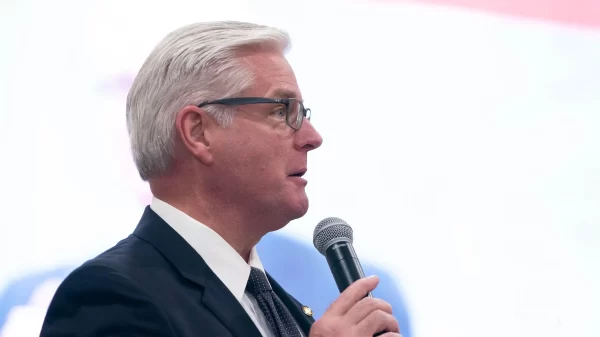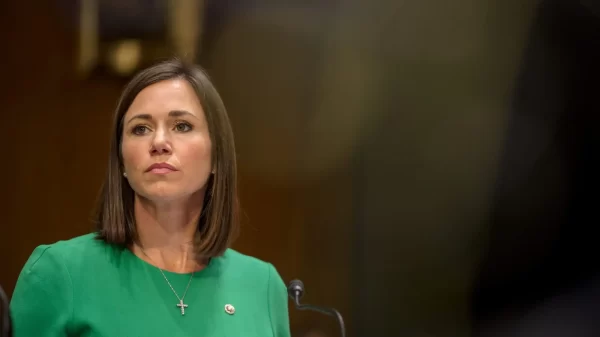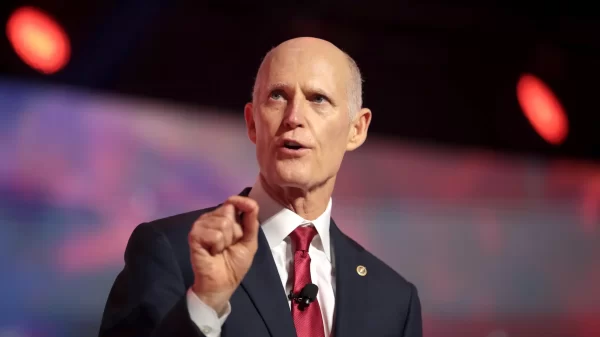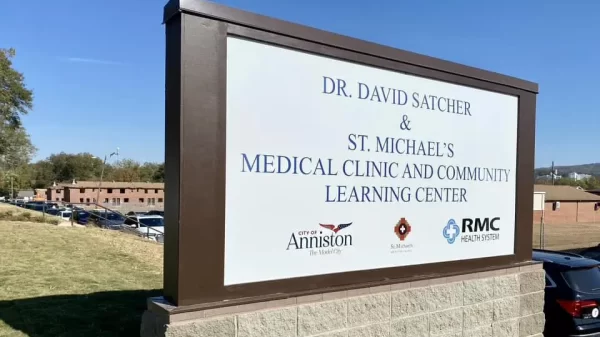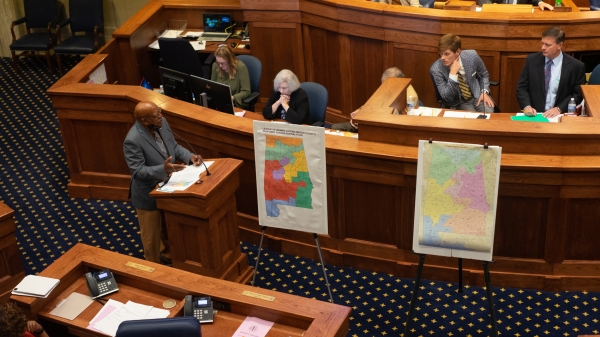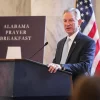By Bill Britt
Alabama Political Reporter
Last year, during the 2016 Special Legislative Session, a crisis was created to convince the Legislature to allocate over a hundred million dollars to shore-up the State’s Medicaid program.
In a conversation with The Alabama Political Reporter, Medicaid Commissioner Stephanie Azar admitted her agency cut payments to doctors, even though it had the money to pay them. Azar said the cuts were necessary to carry as much money as possible into 2017.
Azar denied the reduction of physician reimbursement was part of a manufactured crisis, but pro-Medicaid lobbyists close to the situation admitted to APR it was in fact a faux crisis.
The reductions in physician reimbursements created the illusion that the program’s funding was in dire need of an immediate increase, even though the money was sitting in the agency’s account.
Appearing before the Joint Legislative Budget Committee on Monday, Azar told lawmakers that even with the infusion of $105 million from the BP settlement fund last year, the program would require an additional $44 million in 2017, to implement the Regional Care Organizations (RCOs).
Azar was notified that the program, as designed last September, would not save money on Medicaid, it would actually cost the State more.
In September 2016, APR published a devastating, point-by-point analysis from Mike Warren, President and CEO of Children’s of Alabama, informing Azar that the RCO structure would not decrease Medicaid costs or improve services, but would actually increase the cost. “The numbers are frightening,” he writes, “RCOs will actually cost the State’s General Fund a substantial amount more than keeping the current program funded.”
While few would disagree, the present program is in need of a dramatic overhaul. But how are lawmakers to make sound budgeting decisions when vital information is hidden from them?
Bentley wants the Medicaid RCOs to be part of his legacy as Governor. However, last year, former State Finance Director, Henry Mabry provided select lawmakers and the Governor with a plan that would add millions to the beleaguered program without costing the State any additional funds. Bentley rejected Mabry’s assistance because of the “bad optics,” according to those involved in the negotiations between the two men. Mabry’s plan could have added $20 to $60 million immediately to the hemorrhaging Medicaid operation.
After announcing last year’s cuts to doctor’s reimbursement Bentley said, “As much as I dislike having to cut our primary care providers, discontinuing enhanced payments to primary care physicians is the only option we have available at this time, due to the inadequate funding appropriated by the Alabama Legislature.”
Was Bentley complicit in creating the crisis or was he ignorant about the millions Azar was hiding? Azar told the press at that time, the cuts implemented were due to “the budget crisis the Medicaid Agency is facing at this time,” even thought the money was on hand.
Other association heads admitted during the 2016 Special Session, that the Medicaid crisis was being used as lobbying tool to bludgeon lawmakers into raiding the BP settlement fund.
There is a growing distrust between lawmakers and the Medicaid Agency, and the renewed call for more funding has left many wondering what else is being hidden.






